One of Detroit’s principal downtown arteries and one time home to the Detroit Tigers stadium is undergoing a rebirth.
Michigan Avenue, a brick-laid multi-lane street flowing west from downtown through Dearborn and beyond, like so many of the Motor City’s once grand spoke-in-wheel streets, underwent a postwar decline into a kind of urban wasteland, especially since the 1967 riots.
When Tiger Stadium closed in 1999, it was demolished almost a decade later, it was the last nail in the coffin. Some of the remaining bars that served aftergame crowds closed but in the intervening years some new and trendier bars and restaurants opened as part of a revival of Detroit’s historic Irish Corktown neighborhood.
Nevertheless, much of the street remained bleak.
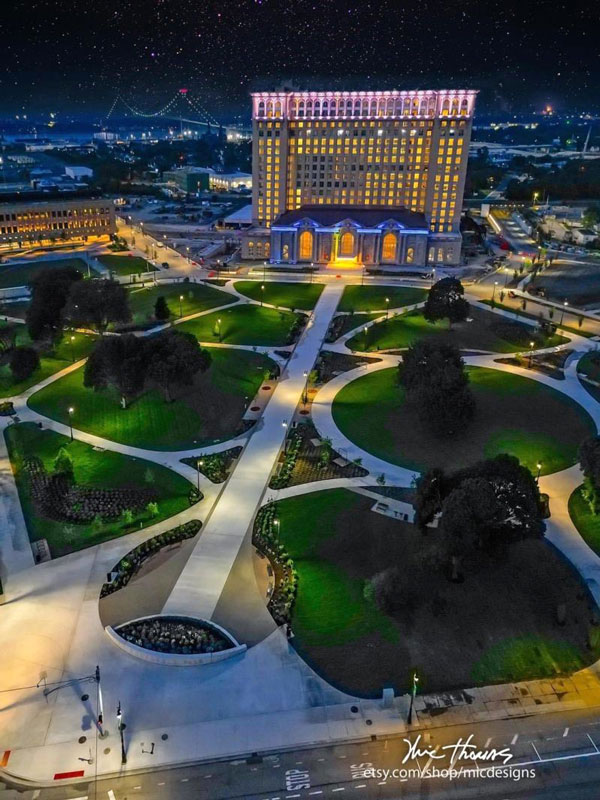
Now, with Ford Motor Company purchasing the former Michigan Central Station, an 18-storey Beaux-Arts style tower that opened in 1914 and once served a network of passenger trains, the revival is on.
Ford purchased the building and surrounding properties to develop a 30-acre almost $1 billion research campus for a new urban open-platform “mobility” center, set to open this year. The building, close to the Ambassador Bridge, is at one end of the almost one-mile Michigan Avenue stretch, with a new major hotel, The Godfrey, at the other.
Aaron Black, general manager of The Godfrey, says it is set to open in August.
Black added there’s no question Ford’s redevelopment of the station was the “big catalyst” for his hotel and a major residential building, under construction, a couple of blocks up Michigan Avenue, the Perennial Apartments.
“This was really the driver for speeding up the recovery of the Corktown area,” he said.
Both properties are joint projects of Detroit-based Hunter Pasteur Homes and Chicago’s Oxford Capital Group.
The Godfrey, one of five such branded hotels in the U.S., part of the Hilton chain’s upscale Curio division, is a seven-storey, 227-room complex, a $75 million contemporary-styled building rather than a repurposed older one.
Similarly, the 300-unit Perennial will open this winter.
But between them was the first major new residential complex, The Corner, appropriately enough built at the corner of Michigan and Trumbull Street, where Tiger Stadium was located.
The mixed-use modular-constructed four-storey building opened in 2019 and has a view over the storied baseball field.
The Godfrey was built on a lightly developed site that has some historic notes. The last century Detroit Lions administrative offices used to be located there. It was also home to one of the first African American-owned taxi companies in the U.S.
Meanwhile, The Godfrey also signals the first major hotel to be built just outside Detroit’s central business district.
“It’s the first major brand-aligned project just outside the Detroit core,” Black said.
The development faced no major challenges but developers worked with community groups so the project fit into the revitalized Corktown area.
“There was certainly a lot of interest from the neighborhood action committees and concern about us doing things that were well-aligned with the history and conditions of Corktown,” Black said.
Meanwhile, in front of Ford’s Michigan Central campus, a huge city park has also just undergone restoration.
The 13-acre Roosevelt Park reopened in June after a $6 million renovation.
Gone are roads that bisected the park. At one time the park exemplified the “City Beautiful” movement to complement the “grandiose” edifice like Michigan Central, but “didn’t make it conducive to the type of uses these days,” Jeff Klein, the city’s deputy chief of landscape architecture, said.
Klein said the revitalized park will complement Michigan Central in a new way, serving 5,000 office workers as well as the wider Corktown neighborhood.
Just to the west is Detroit’s Mexicantown, a vibrant multi-block Hispanic area with numerous restaurants and shops. Moreover, a major artery is being rerouted around the park instead of through it. And the city’s new Southwest Greenway walking trail has been connected.
Within the “unified” space – formerly 9.5 acres and now 13 – is a pedestrian gateway, an event lawn and areas for picnicking and sitting.
Klein said the city worked with neighborhood residents as part of a “framework plan for the greater Corktown neighborhood (to) improve the quality of life” for residents.
“I think that’s where the park fits in to the greater picture of what’s going on up and down on Michigan avenue.”
Details include some trees removed but new ones planted, many of which are cherry.
“I hope that we can create a cultural event at the park much like what you see in D.C. with their blossoms on the mall,” he said.
Park furniture includes promenade and ancillary walkway benching, swing benches, seat walls and barbecue sites.
The synergy between the Michigan Central campus, the centrality between Corktown and Mexicantown and a hoped-for small business revival along Michigan Avenue, should see the park become a focal point.
The last piece of renewal is Michigan Avenue itself.
The street is to have a $50 million rebuild along a two-mile strip. Details remain preliminary but the project will include bike and transit lanes as well as autonomous vehicle lanes to complement the research center.
“We are working towards getting a basic design plan approved but that won’t be until later this year,” said Diane Cross of Michigan’s transportation department, which oversees the road, also known as US 12.


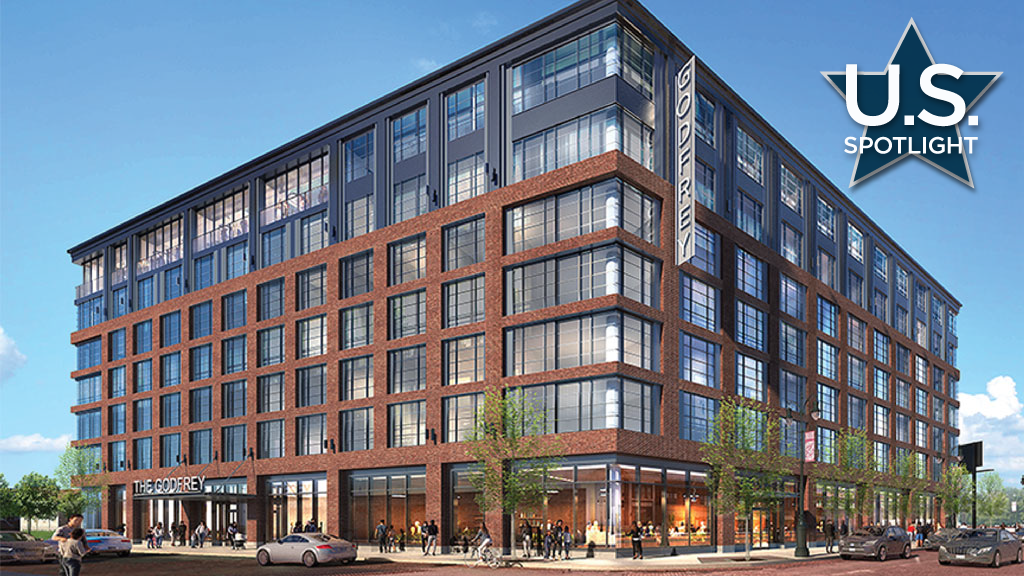

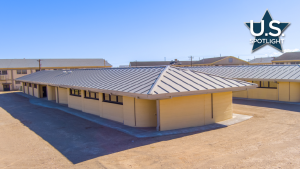

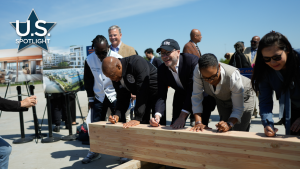
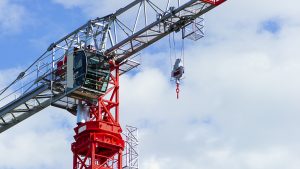


There isn’t a mention of the Old Tiger Stadium field and any updates on that part of history as it relates to the Michigan Avenue development. This is a wonderful story and it’s nice to see great things happening in Corktown and in Detroit!